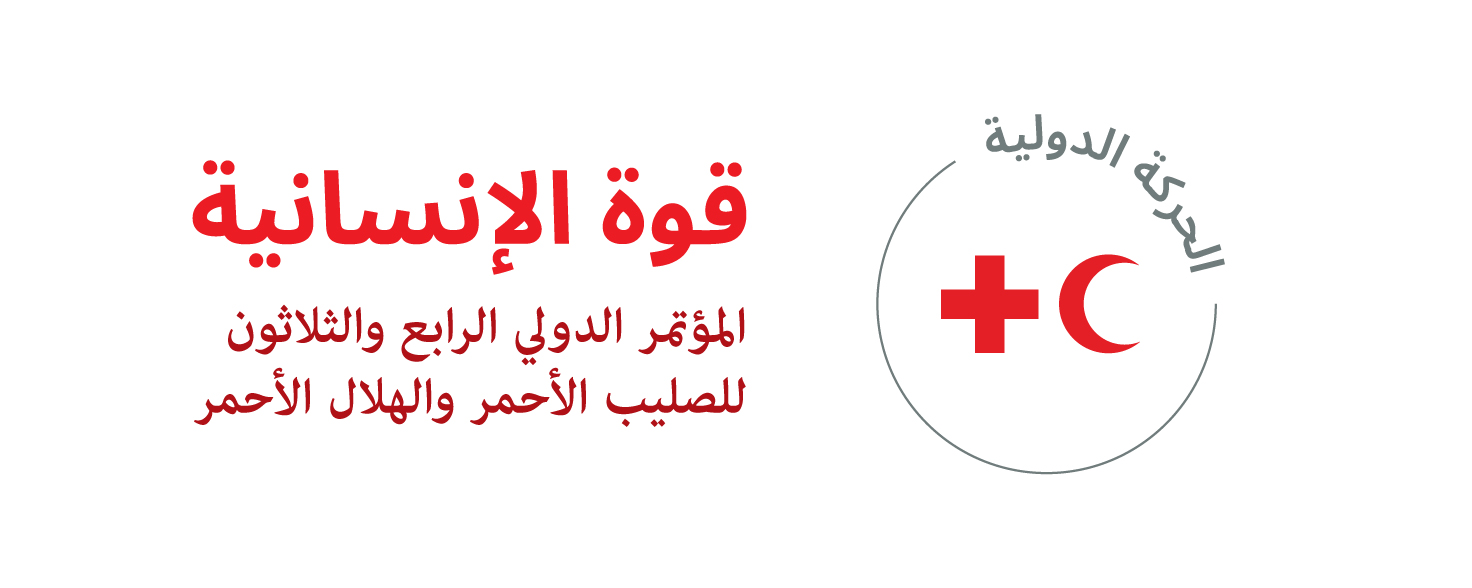أ) أهداف التعهد
Joint pledge: responding to human trafficking of migrants in Europe
| We are witnessing an unprecedented increase in the number of people who are forced to leave their homes and enter Europe to seek safety and protection. Along the migratory trails and in countries of destination they are exposed to the risk of being trafficked and exploited. The humanitarian response of European Red Cross National Societies to support vulnerable migrants increases the likelihood of encountering (potential) victims of human trafficking.In order to assist and protect (potential) trafficked persons along the migration routes the signing parties commit to the following;With reference to: · the 2007 Declaration ‘Together for Humanity’ which lists human trafficking as one of the humanitarian concerns generated by international migration;· the IFRC Migration Policy which states that there are circumstances that expose migrants to heightened and acute risks to their physical integrity, including human trafficking;· the 2011 IC Resolution 3 on Migration: ensuring access, dignity, respect for diversity and social inclusion, which calls upon States, National Red Cross and Red Crescent Societies, the International Federation and the ICRC to build partnerships which strengthen the humanitarian assistance and protection activities for persons negatively affected by migration;· the Florence Call for Action (9th European Conference 2014) which refers to effective cooperation between countries of origin, transit and destination, with a priority given to ensuring humanitarian protection of migrants and tackling human trafficking;
· the 2015 Movement coordinated response plan to meet the humanitarian needs of vulnerable migrants in the Mediterranean and neighbouring regions; The signing parties pledge to: · explore strategies to improve their response to the humanitarian consequences of human trafficking among migrants, in accordance with the RC/RC mandate, auxiliary role to States, and the Fundamental Principles; · use a victim-centred approach in all responses; · engage in a dialogue with state and civil society organisations working in the field of human trafficking and strengthen cooperation with stakeholders that assist and/or protect (possible) trafficked persons; · advocate that victims must be recognized as such and provided with appropriate support and protection, which should be unconditional and irrespective of their cooperation in criminal procedures and legal status; · bilaterally and/or through the European Anti-Trafficking Network share best practices on their response to human trafficking. This could include awareness-raising, assistance to and protection of victims, humanitarian diplomacy, and/or training of relevant staff and volunteers on identification of possible trafficked persons and assistance; · consider measures or humanitarian diplomacy to protect vulnerable migrants and those at risk, especially unaccompanied minors, from falling into the hands of traffickers. |
ب) خطة العمل:
The signatories of this pledge will be following up by reporting back on how they achieve the above commitments. The annual Anti-Trafficking Network meeting can provide a platform for signatories to discuss and report progress on commitments.
ج) مؤشرات قياس التقدم المحرز
N/a
د) الآثار المترتبة على الموارد:
N/a



